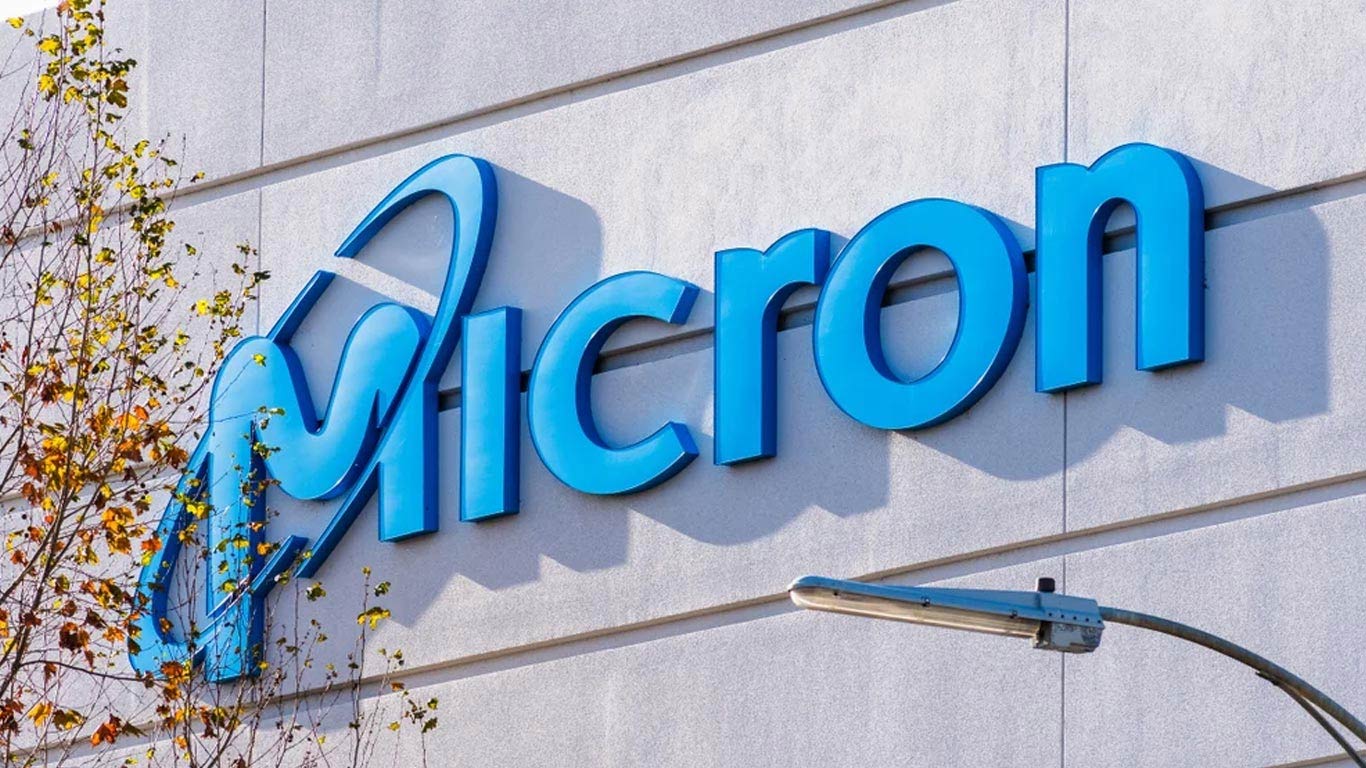Indian Workers will now have the choice of contributing to EPF or NPS
Updated: Mar 09, 2017 09:19:14am

Indian Workers will now have the choice of contributing to EPF or NPS
New Delhi, Mar 9 (KNN) Finally, the crores of Indian youth who will joining the labour market in the coming years will have the option of EPF or NPS as social security.
The 8 crore plus workers in the fold of ‘Provident Fund’ will also be able to shift to NPS if they want.
NPS or National Pension Scheme, announced by the Government, couple of years back, is structured like the Pension Funds abroad, to be operated by private agencies under the supervision of a central authority.
The Pension Regulatory Authority, under the Ministry of Finance, has issued detail guidelines for shifting of subscribers from EPF to NPS.
Finance Minister Arun Jaitley had promised such an alternative for employees in the Budget for 2015-16 and even mentioned members of EPF and Employees’ State Insurance Corporation (which provides medical care to organised sector workers) as “hostages, rather than clients”.
Till then both the employees and employers were eagerwaiting to move out of the EPF to a more flexible pension system.
In fact, the officers joining the Government were forced to shift to the National Pension Scheme (NPS) almost a decade back.
But for the formal private sector the dithering continued, mainly due to the inflexibility of the Trade Unions.
Today about 24% of an Employee’s wage is deposited in the EPF, as the contribution of both the Employer and the Employee.
While the return so far is a little above the bank fixed deposit rates, the main concern of the employees is how to get back the amount after retirement overcoming bureaucratic hurdles.
For the employer the EPF Act is simply draconian. Any default in payment draws high penal interest and even may lead to jail.
Over and above there is continuous threat of ‘inspection’.
So for both, the NPS provide a more transparent window to deposit and reconcile without the opacity and coercion.
In fact, the Employers, particularly the MSME sector is lobbying to the Government for long to replace the EPF with a simpler pension system which will be free from complicated procedures.
Consequent to the demonetisation and ‘less cash’ move of the Modi Government, FISME, the leading federation of MSMEs represented to the Prime Minister’s Office to allow a flexible social security system for the ‘informal’ sector.
It has been argued that such an environment will encourage the micro enterprises to operate in a less cash mode and obey labour and other statutory laws.
While the pension regulatory notification on shifting from EPF shows some light at the end of the tunnel, the real benefits may not come till the EPF Act is amended to allow the switch.
The predicaments of the Indian enterprises are, that all the liberalisations initiated by the Government are shot down by the trade union lobby and the Government remains a mute spectator.
Already flags opposing the move have been raised based on theoretical advantages of the present EPF system.
But the ordeals of the workers of the informal sector, who today have access to no social security system is conveniently been overlooked by the trade unions.
And we need to remember nearly 90% of the Indian workers are in the informal sector, without access to any social security system.
Implementation of a flexible and ‘inspector’ free system like NPS would surely encourage these vast informal sector to provide the social security to their employees.
However, with a constituency of the minuscule but comparatively well off workers from the organised sector, the trade unions are not ready to budge.
So the employer, particularly the micro sector will have to wait till the EPF Act is amended.











